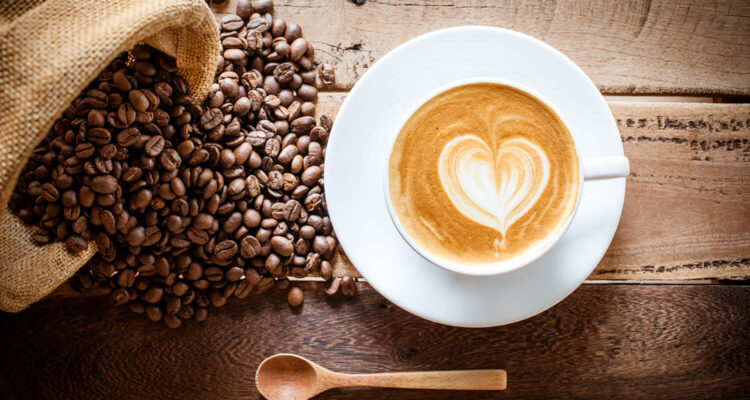Excitingly, more and more of us are now able to enjoy specialty coffee. Specialist coffee retailers and artisan coffee shops are appearing right across the globe now. They’re spreading from Australia and New Zealand, where they’ve been big for a while, through to Europe and North America and now into Asia. Of all continents, Asia is predicted to soon be the largest consumer of gourmet coffee.
But what exactly is specialty coffee? How does it differ from a pack of coffee beans you might pick up at the supermarket, or from a cup of coffee from one of the huge, global chains of coffee shops? Here’s a quick guide to what sets gourmet, specialty coffee apart.
A quick lesson on how all coffee is produced
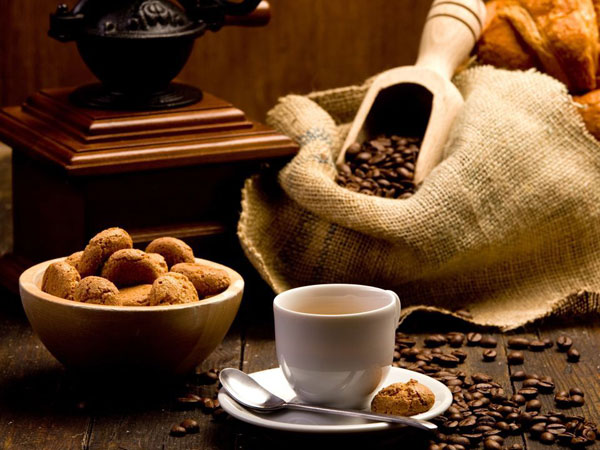

Before we can understand what makes gourmet coffee special, we need to know what ordinary coffee looks like. After all, we are all familiar with the humble coffee bean, but few of us know much about how it reaches us. Here’s a quick rundown of the process.
Coffee is a plant described as either a small tree or a shrub. The coffee bean is actually the seed of these plants. After three or four years of growth, a coffee tree will begin to bear fruit. This fruit is a cherry, and at its centre is the fresh coffee bean.
The coffee cherries are harvested from the trees and production can begin. First, the beans are removed from the cherries. There are alternative methods of doing this: One involves drying the whole cherry first, another removes the pulp before drying, and still another method ferments the beans to remove the last traces before drying.
The dry beans are now the “green coffee.” The next step is to roast the beans. Only then will they become the rich smelling, dark-colored beans we recognise.
What is specialty coffee?


When we say “specialty coffee,” or gourmet coffee, or artisan coffee, we’re referring to the very finest — the highest grade available. What earns a coffee the right to call itself a specialty? Being a single origin coffee is usually one step. A single origin coffee comes from one farm or producer only. If you’ve bought coffee from the supermarket or a global coffee chain, you’ve likely bought a blend from a variety of origins. However, in the right hands, blends can produce delectable, gourmet coffees, too.
In addition, the coffee must be farmed, hand-picked and produced to the highest standards to be a specialty coffee. These standards include a high level of ethical standards in terms of labour, agriculture and the environment, as well as the most meticulous farming and production methods.
Artisan coffee producers take the roasting process incredibly seriously; it is both a highly technical process and an art. Often, the exact steps taken are a closely guarded secret.
In terms of the finished drink, the coffee’s taste and texture must be significantly better than average. In other words, every element of the coffee’s journey from plant to your cup must meet impeccably high standards. It’s a focus on quality over quantity every step of the way.
Where do specialty coffees come from?
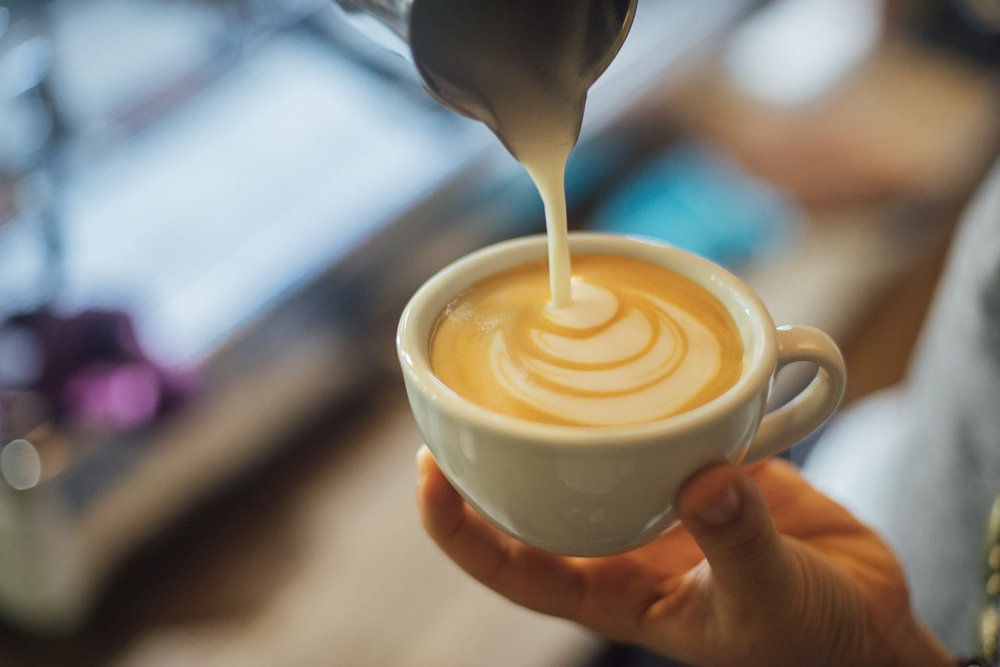

Coffee is typically grown in Asian, African, Central and South American countries that lie in the Earth’s central belt, between the Tropic of Cancer and the Tropic of Capricorn. This is because the weather conditions are right for the coffee shrubs to thrive and bear lots of fruit.
Major producers of coffee include Brazil, Colombia, Vietnam and Ethiopia. From these countries, you’ll find blended coffees that find their way into the supermarkets, as well as superior, single origin coffees from small-scale but dedicated producers.
Specialty coffees can also come from quite surprising places, away from the nations that produce large volumes of coffee. Often, a passionate, committed producer has been able to harness a unique microclimate in his location to produce incredible beans.
We are now seeing amazing specialty coffees come from Burundi and Rwanda in Africa, El Salvador in Central America, and Yemen and Papua New Guinea in the Asia-Pacific region, for example. None of these countries are in the top 15 producers of coffee by weight. Yemen, for example, produces less than 0.3% of the coffee that Brazil does.
As the interest in gourmet coffee grows, suppliers and retailers are exploring more and more countries and regions in the search for the very best beans.
What role do coffee roasters play?
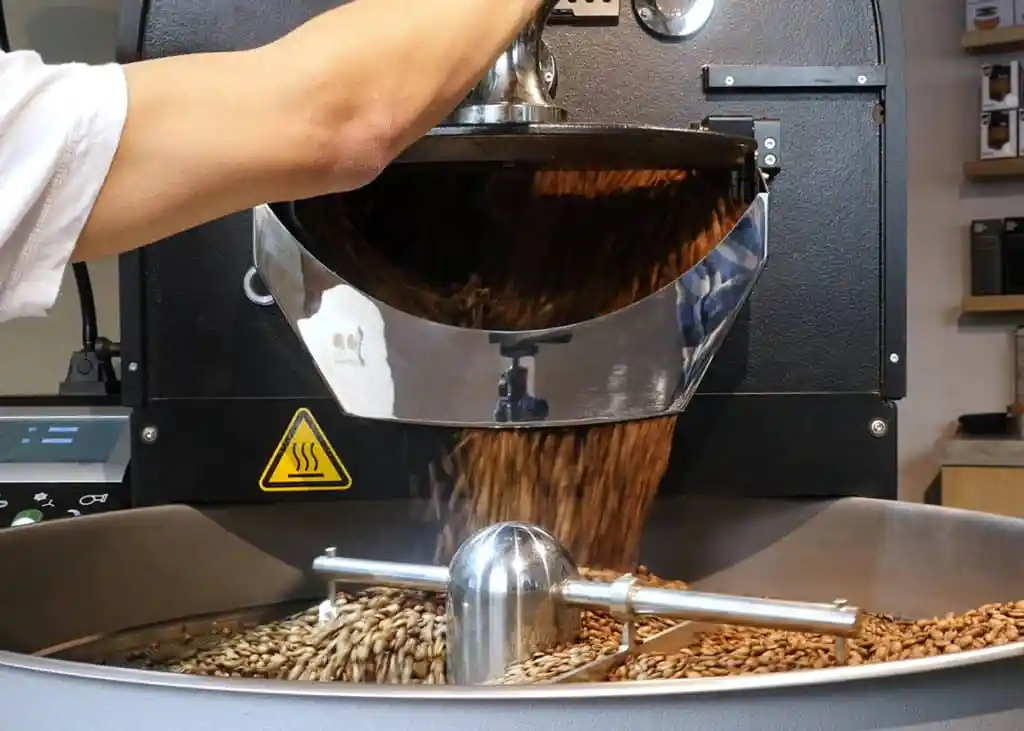

It’s a long way from the coffee farms to your favourite cafe. One integral part of the chain would be the coffee roasters. These are the people who travel far and wide to source the most incredible raw coffee beans.
These master roasters then know, from years of experience, how to roast the beans in a way that brings out their natural qualities. Coffee has a huge variety of potential flavours, and master roasters know how to make their individual coffees burst with personality.
Some coffees are “greener” with sweeter, lighter and fresher flavours. They might be described as fruity, floral or even citrusy. Some are richer and smoother, with reminders of chocolate, nuts or caramel. Others are darker still, with dark stone-fruit or berry flavours. These are luxurious, slightly syrupy coffees.
Now, where do I start?
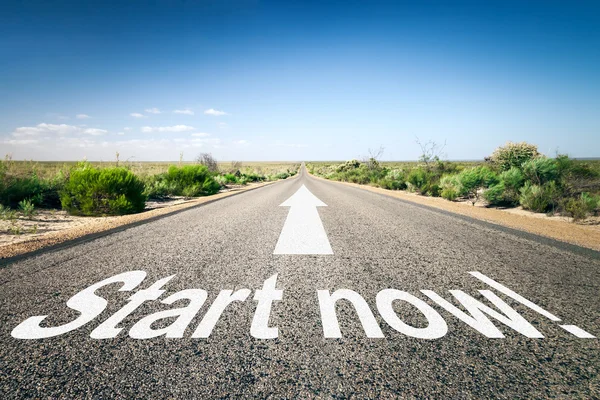

If you are new to the world of specialty coffee, start by visiting some artisan coffee shops. There, you will have the help of professional baristas. They can make recommendations on the types of coffee bean you might enjoy most, along with the best way of preparing it to your taste. Some people enjoy espresso (a single, intense shot of black coffee) whereas others prefer milkier coffee drinks like lattes and cappuccinos.
Once you have a little more experience and know the flavours you enjoy the most as well your favourite style of coffee, then you might want to have a go at home. You’ll need the right equipment, such as an espresso maker or machine, and you have to purchase coffee beans. Don’t rush into this step! Purchasing good coffee-making equipment is an investment and should be carefully thought through.
The world of specialty coffee is incredible. Just like in the world of fine perfumes and wines, there are some incredibly knowledgeable people out there who are dedicating their lives to producing the most incredible products. If you are just getting started exploring this world, know that you are in for the most amazing journey.
AUTHOR BIO
Drew Dennehy is the co-founder of Three Coffee, one of the region’s leading specialty coffee companies, headquartered in Dubai. His passion for coffee has led to the pursuit of career opportunities around the world from New Zealand and Europe to the United Arab Emirates. Drew’s goal is to enhance the coffee experience and ensure the industry is sustainable at every level. “We will achieve this by telling the story of the farmers who make each cup possible.”

